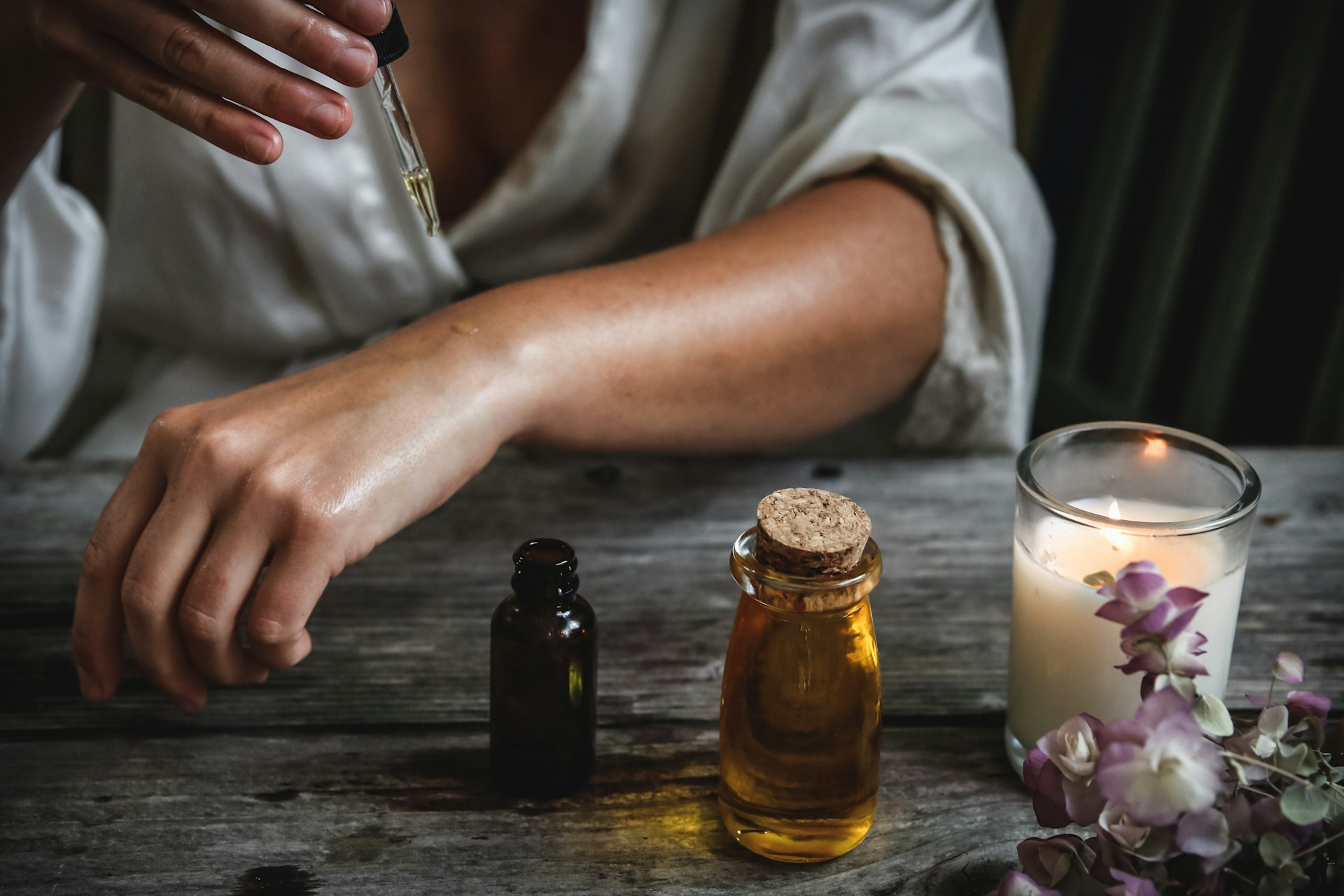Skin care plays a vital role in overall health, yet it’s surrounded by myths that often mislead and sometimes harm more than they help. Distinguishing fact from fiction is essential, especially when caring for your skin under the expertise of a dermatologist. In this post, we’ll debunk some of the most common skin care myths and shed light on what effective, science-backed skin care truly entails.
Myth 1: The More Expensive the Product, the Better
Many people assume that expensive skincare products are more effective, but price doesn’t always guarantee quality. A dermatologist in Sandy can help you navigate your skincare needs, focusing on the ingredients that work best for your skin type and condition. Often, they recommend affordable products that deliver results comparable to high-end alternatives, proving that great skincare doesn’t have to break the bank.
The Role of Ingredients Over Brand Names
The true power of any skincare product lies in its ingredients. Effective formulations are built around active ingredients designed to address specific skin concerns, rather than relying on flashy branding or high price tags. To find the best ingredients for your unique skin needs, consulting a dermatologist can provide valuable guidance and clarity.
Myth 2: You Don’t Need Sunscreen on a Cloudy Day
A common misconception is that sunscreen is only needed on sunny days. In reality, harmful UV rays can pass through clouds and even glass, making daily sun protection essential. Consistent sunscreen use not only helps prevent skin cancer but also combats premature aging—an important point any experienced dermatologist would stress.
Importance of Daily Sunscreen Application
Applying sunscreen daily is essential for maintaining healthy skin, no matter the weather. By shielding your skin from harmful UV radiation, sunscreen prevents long-term damage and underscores the importance of making it a consistent part of your routine.
Myth 3: The Harder You Scrub, the Cleaner Your Skin
Many people mistakenly think that scrubbing the skin aggressively is the key to effective cleansing, but this couldn’t be further from the truth. Over-exfoliation can strip the skin of its natural oils, causing irritation and potential damage. In reality, gentle cleansing is more than enough to maintain clean, healthy skin.
Gentle Skincare Practices
A dermatologist-recommended skincare routine prioritizes a gentle approach to preserve the skin’s integrity and strengthen its natural barrier. This involves using lukewarm water, choosing mild cleansers, and gently patting the skin dry rather than rubbing it harshly.
Myth 4: Natural Skincare Products Are Always Safe
The word “natural” doesn’t always mean safe or effective. In fact, some natural ingredients can be harsh or irritating to the skin. To ensure safety, especially if you have allergies or sensitivities, consult a dermatologist. They can recommend natural products that are both gentle and suitable for your skin.
Evaluating Product Safety and Efficacy
The term “natural” on a product label doesn’t guarantee safety or effectiveness. It’s essential to assess a product’s safety and benefits through scientific evidence. A dermatologist can guide you through ingredient lists and recommend products that are both safe and effective for your skin.
Myth 5: Higher SPF Provides Better Protection
Higher SPF sunscreens offer slightly more protection, but the difference is often overstated. SPF 30 blocks approximately 97% of UVB rays, while SPF 50 provides around 98%. The key to effective sun protection lies less in the SPF number and more in proper application and regular reapplication.
Correct Use of Sunscreen
Proper sunscreen use requires applying an adequate amount, reapplying every two hours or immediately after swimming or sweating, and complementing it with additional sun protection like hats and sunglasses. For personalized advice tailored to your skin type and lifestyle, consult a dermatologist.
Conclusion
Debunking common skincare myths is crucial for maintaining healthy, well-managed skin. By consulting a dermatologist, you can cut through the misinformation and build a skincare routine rooted in science, tailored specifically to your individual needs.










